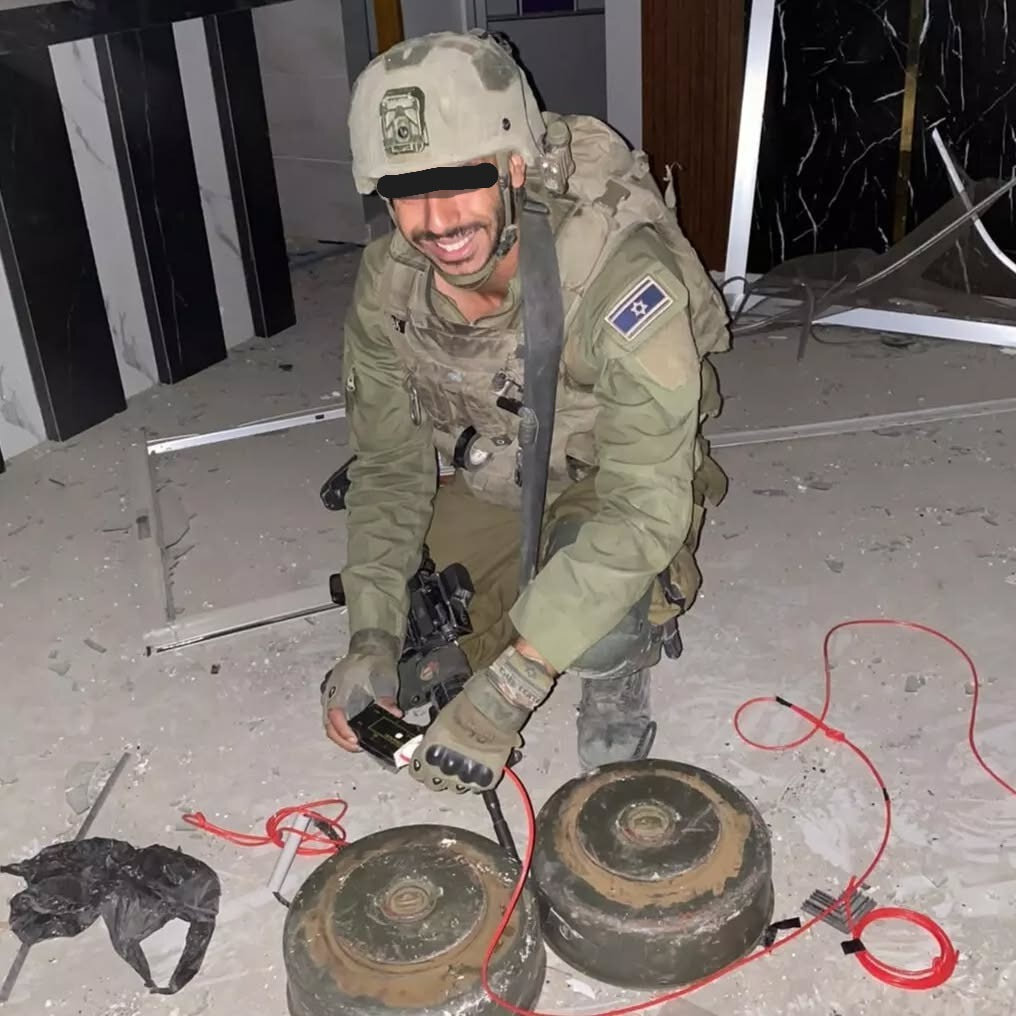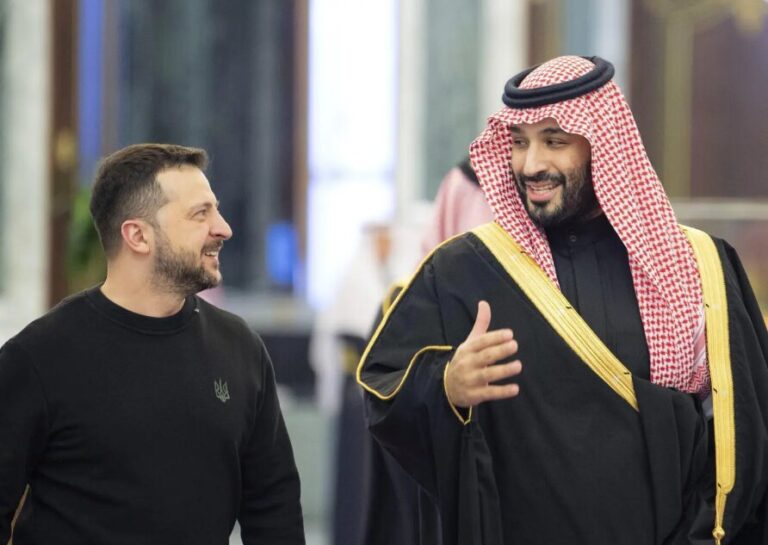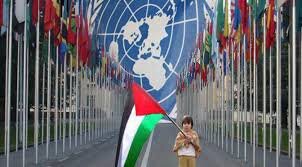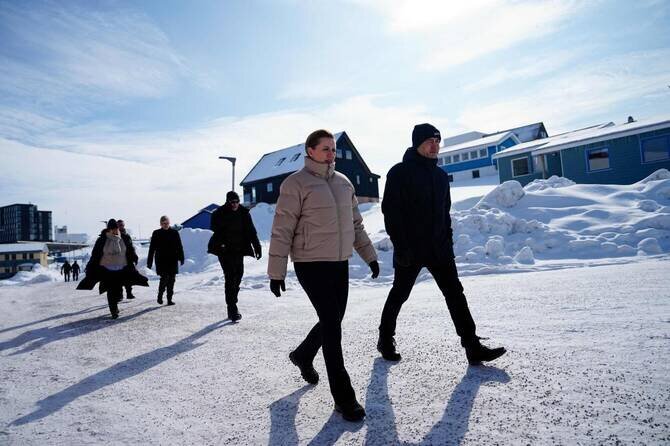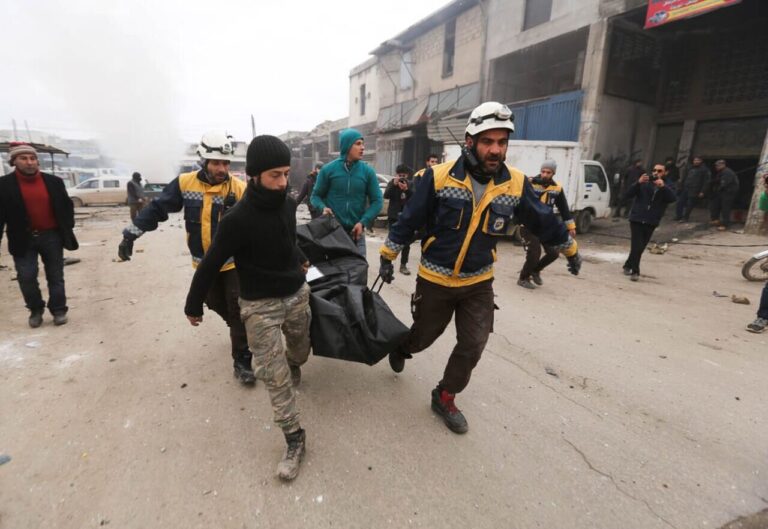Peru Launches Criminal Investigation Against Israeli Soldier for Alleged ‘Systematic Destruction’ in Gaza
In a significant development, authorities in Peru have initiated a criminal investigation against an Israeli soldier accused of war crimes in the Gaza Strip during the tumultuous period of 2023–2024. This investigation comes on the heels of a formal complaint lodged by well-known human rights attorney Julio Cesar Arbizu Gonzalez. The case has drawn international attention due to its implications for accountability in armed conflicts.
The complaint highlights that the accused soldier, whose identity remains undisclosed, served as a combat engineering soldier involved in what is described as the “methodical and systematic destruction of civilian neighborhoods in the Gaza Strip.” Eyewitness accounts and footage circulating on social media depict the soldier celebrating as he detonated a civilian building, further intensifying the gravity of the allegations.
The Hind Rajab Foundation (HRF), a Brussels-based non-governmental organization dedicated to pursuing legal action against Israeli soldiers implicated in human rights violations, has underscored the potential consequences the soldier could face. According to HRF, the soldier may be charged with:
- War crimes
- Crimes against humanity
- Acts of genocide
The HRF commended the Peruvian government’s commitment to international humanitarian and criminal law principles, emphasizing the importance of universal jurisdiction in addressing serious crimes. This principle mandates that nations prosecute grave offenses irrespective of where they occurred or the nationality of the offenders, thereby reinforcing the concept of accountability on a global scale.
In recent years, the issue of war crimes has gained prominence within international legal frameworks. Various countries have taken steps to investigate and prosecute individuals accused of serious violations of human rights. Peru’s move to investigate an Israeli soldier marks a significant moment in this ongoing discourse and reflects the growing trend of nations exercising their legal authority to address injustices that transcend borders.
The HRF has been at the forefront of advocating for victims of war crimes in the context of the Israeli-Palestinian conflict. The organization aims to hold accountable those who perpetrate acts that violate the rights of civilians during armed conflicts. The current investigation serves as a reminder of the critical role that legal bodies play in upholding human rights, particularly in conflict zones where civilians are often the most affected.
As the investigation unfolds, various stakeholders, including human rights organizations and legal experts, are closely monitoring the situation. The outcome could set a precedent for how such cases are handled in the future and could influence international responses to allegations of war crimes.
Furthermore, this case raises important questions about the responsibilities of soldiers in combat zones and the ethical implications of their actions during warfare. It highlights the need for rigorous training and accountability mechanisms within military organizations to prevent violations of international law.
Key points to consider regarding the investigation include:
- Legal Framework: The investigation is based on principles of international law that mandate accountability for war crimes.
- Global Implications: This case could impact international relations and military operations by reinforcing the accountability of individuals for their actions.
- Human Rights Advocacy: The role of human rights organizations is crucial in bringing attention to violations and pushing for legal actions.
The development in Peru also raises awareness about the ongoing struggles faced by civilians in conflict zones, particularly in the Gaza Strip, where residents have endured significant hardships due to military operations. The plight of these individuals often gets overshadowed by broader geopolitical narratives, but it is essential to remember that behind every statistic is a human life affected by conflict.
As the investigation progresses, it will be critical to observe how the Peruvian authorities manage the legal proceedings and what measures they implement to ensure a fair and thorough examination of the evidence. The involvement of international human rights organizations may also play a pivotal role in ensuring that the rights of all parties are respected throughout the process.
In conclusion, Peru’s decision to investigate an Israeli soldier for alleged war crimes is a landmark moment that underscores the importance of accountability in international law. As the situation develops, it is imperative for the global community to remain vigilant and support efforts that promote justice for victims of war crimes and uphold the principles of human rights.
